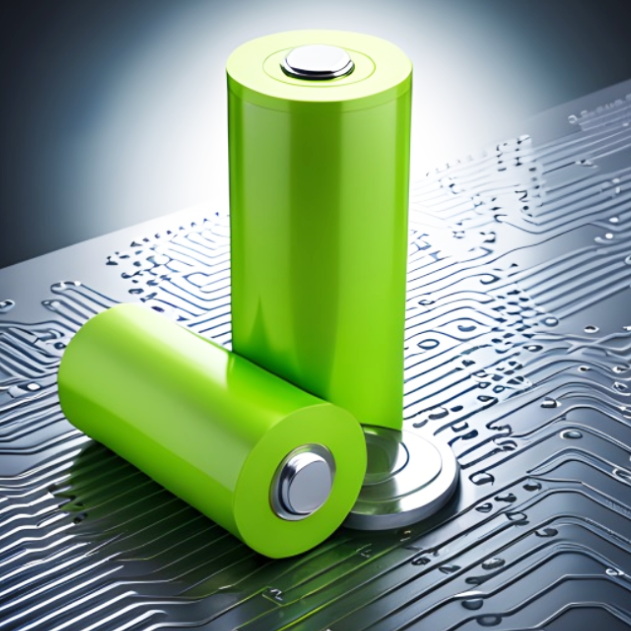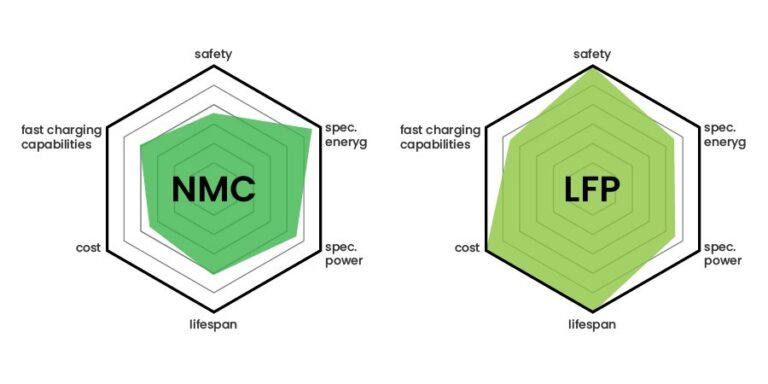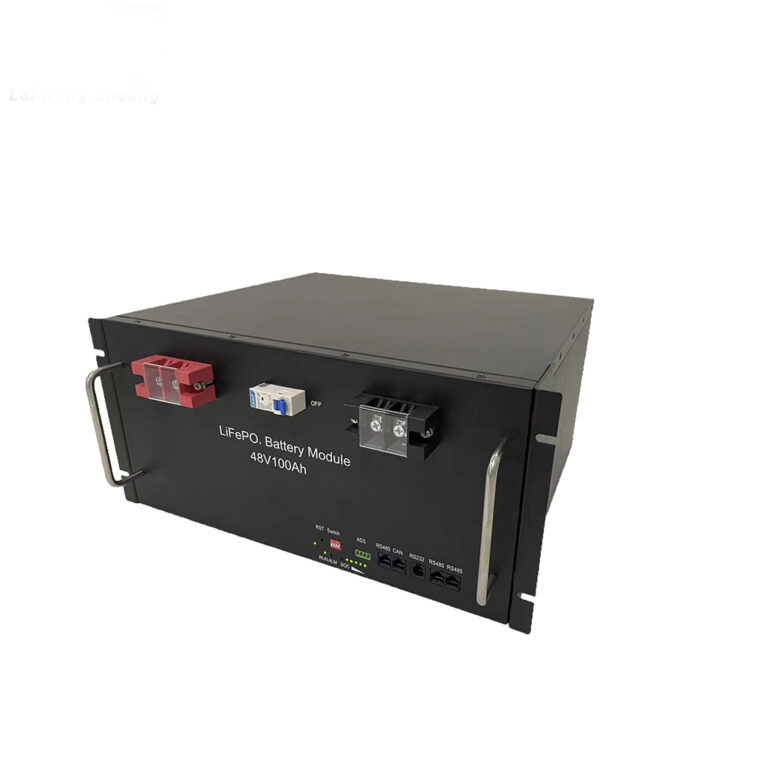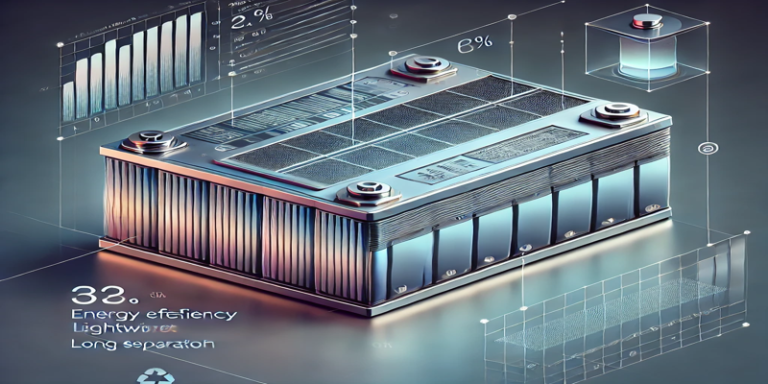Introduction to the service life of energy storage battery
The service life of energy storage batteries is affected by many factors, including battery type, charge and discharge times, charge and discharge rate, temperature, and battery management system. The following is a detailed analysis of the life of the energy storage battery:
First, battery type and life
Lithium-ion batteries: The life of lithium-ion batteries is usually between 2,000 and 8,000 charge and discharge cycles, which means that under normal conditions of use, the life of lithium-ion batteries can reach 5-15 years. However, its actual service life may vary depending on factors such as charge and discharge rate, temperature and so on.
Vanadium flow battery: Vanadium flow battery has a long life, the number of charge and discharge cycles can reach more than 10,000 times, and the service life can reach 20 years. Since the energy storage medium is liquid, the performance does not decrease significantly with the increase of charge and discharge times.
Lead-acid battery: Lead-acid battery life is relatively short, usually between 300 and 1200 charge and discharge cycles, which means that under normal conditions of use, lead-acid battery life is about 3-5 years. The life of lead-acid battery is greatly affected by charging and discharging rate, temperature and other factors.
Sodium-sulfur battery: The life of sodium-sulfur battery is long, the number of charge and discharge cycles can reach 2,500 to 4,500 times, and the service life can reach 15 years. The performance of sodium-sulfur battery does not decrease significantly with the increase of charge and discharge times, but its life is greatly affected by temperature and other factors.
Supercapacitors: Supercapacitors have a long life, the number of charge and discharge cycles can reach more than 1 million times, and the service life can reach 20 years. The performance of supercapacitors will not decrease significantly with the increase of charge and discharge times, but its life is greatly affected by factors such as temperature.
Second, other factors affecting life span
Voltage: Too high or too low voltage will affect the battery life. When the battery voltage is too low, even a short time of discharge will cause damage to the battery; When the battery voltage is too high, it is easy to cause the internal structure of the battery deformation and a series of irreversible reactions, thereby shortening the battery life.
Current: When the battery is constantly subjected to high current charge and discharge, it is easy to cause a lot of heat, affecting the balance of chemical reactions inside the battery, thus accelerating the aging of the battery. Therefore, it should be avoided to exceed the rated current range of the battery and too large or too small charge and discharge current.
Temperature: It is one of the important factors affecting the service life of energy storage batteries. High temperatures will cause energy storage batteries to show a trend of stronger self-discharge and shorter life, while low temperatures will reduce the energy generated by the battery.
Charge and discharge rate: If the charge and discharge rate is too fast, it will aggravate the chemical reaction inside the battery, which will affect the battery life and reduce the battery capacity; If the rate is too slow, it may lead to insufficient electrochemical reaction inside the battery, which will also reduce the battery capacity.
Cycle depth: The life of the energy storage battery is related to the number and depth of charge and discharge. The more times each deep charge and discharge, the greater the pressure on the battery, which increases the possibility of reducing the life of the storage battery.
Third, the method of extending the life of the energy storage battery
In order to extend the life of energy storage batteries, the following measures can be taken:
Reasonable control of charge and discharge rate: avoid overcharge or overdischarge, and maintain a proper charge and discharge rate.
Maintain proper temperature: Avoid battery in high or low temperature environment for long time.
Use a high-quality battery management system (BMS) : BMS can monitor the status of the battery and optimize the charging and discharging process, thereby extending the battery life.
Regular maintenance and maintenance: regular maintenance and inspection of the battery, find problems in time to repair.
Avoid deep discharges: Minimize the number of deep discharges of the battery to extend battery life.
In summary, the service life of energy storage batteries is affected by a variety of factors, but through reasonable control of charge and discharge conditions, maintain the appropriate temperature, use of high-quality BMS and regular maintenance and other measures, can effectively extend the life of energy storage batteries.







